

|
IBIA elects four board members for three-year terms
Beumer, Campanella, Chung and Draffin join the board from 1 April 2026. |
|
|
|
||

|
IMO members urged to back mandatory Arctic fuel standards to cut black carbon emissions
Clean Arctic Alliance calls for polar fuel measure requiring cleaner fuels in Arctic waters. |
|
|
|
||
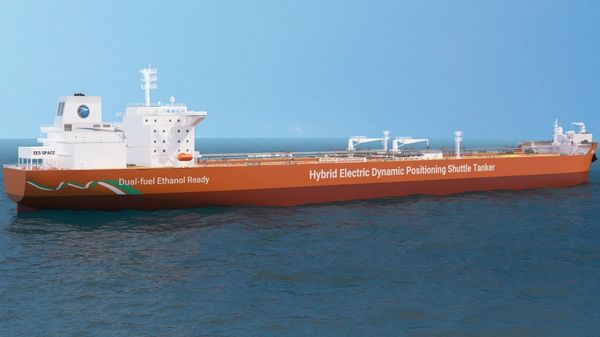
|
AET adds hybrid-electric shuttle tanker to fleet with dual-fuel capability
Tanker operator brings first hybrid-electric DPST into service on long-term charter with lower-emissions technology. |
|
|
|
||
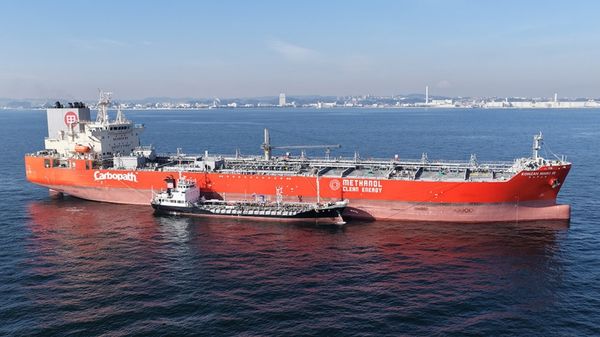
|
Japan completes first ship-to-ship methanol bunkering at anchorage in Yokohama
Five-way partnership delivers methanol fuel transfer between vessels at Keihin Port using domestically produced biomethanol. |
|
|
|
||
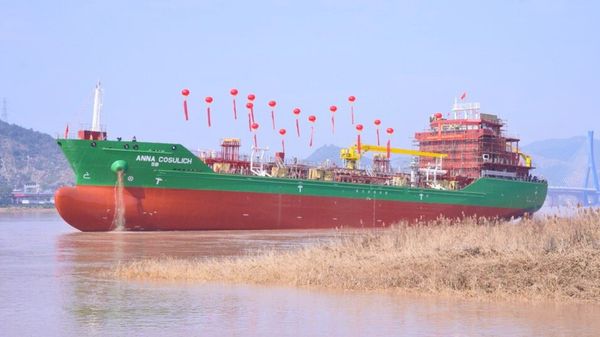
|
Cosulich launches first methanol-ready bunker tanker in China
Anna Cosulich is first of four sister vessels in fleet expansion programme. |
|
|
|
||
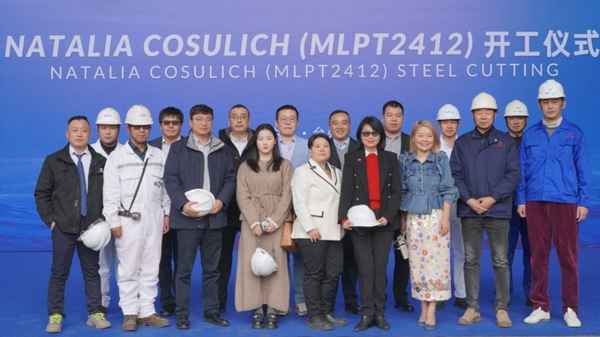
|
Cosulich begins construction of fourth methanol-ready bunker tanker in China
Steel cutting for Natalia Cosulich marks completion of the group’s new alternative fuel-capable vessel series. |
|
|
|
||
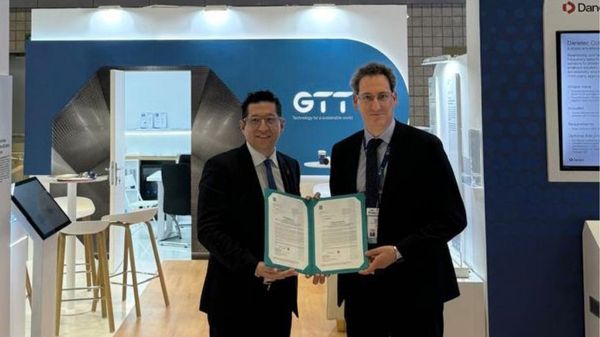
|
Lloyd’s Register grants approval in principle to GTT’s CUBIQ LNG fuel tank design
Classification society approves CUBIQ system designed to expand membrane-type LNG fuel tanks into commercial shipping. |
|
|
|
||
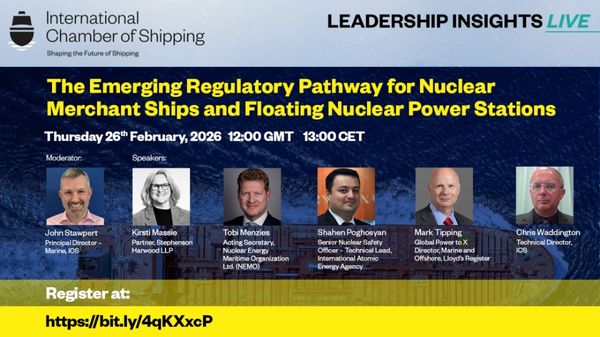
|
ICS to host webinar on regulatory framework for nuclear merchant ships
International Chamber of Shipping event on 26 February will examine regulatory pathways for nuclear vessels. |
|
|
|
||
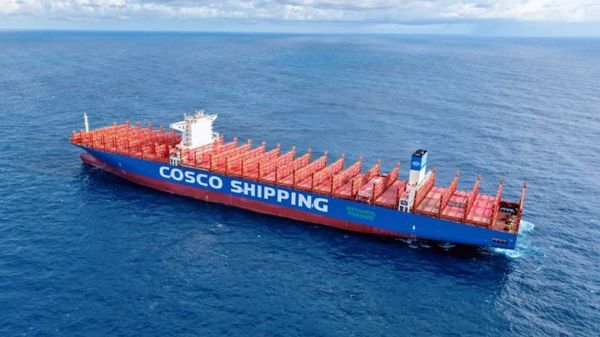
|
World’s first full methanol dual-fuel retrofit completes maiden voyage
Cosco Shipping Libra covered 27,800 nautical miles on a 106-day voyage after main and auxiliary engine conversion. |
|
|
|
||
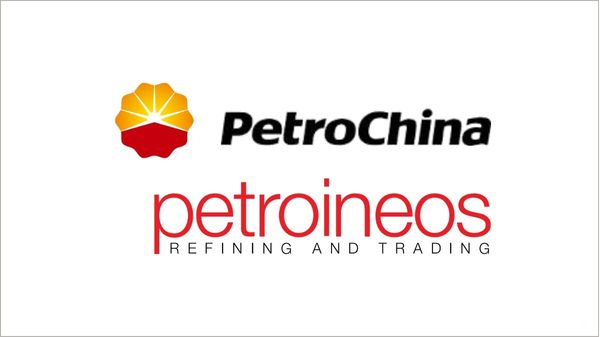
|
PetroChina International seeks bunker trader for Rotterdam as it expands ARA marine fuel operations
Chinese energy trader aims to boost alternative fuels portfolio and market share in Europe. |
|
|
|
||
| Scorpio Bulkers COO voices scrubber, bunker price concerns [News & Insights] |